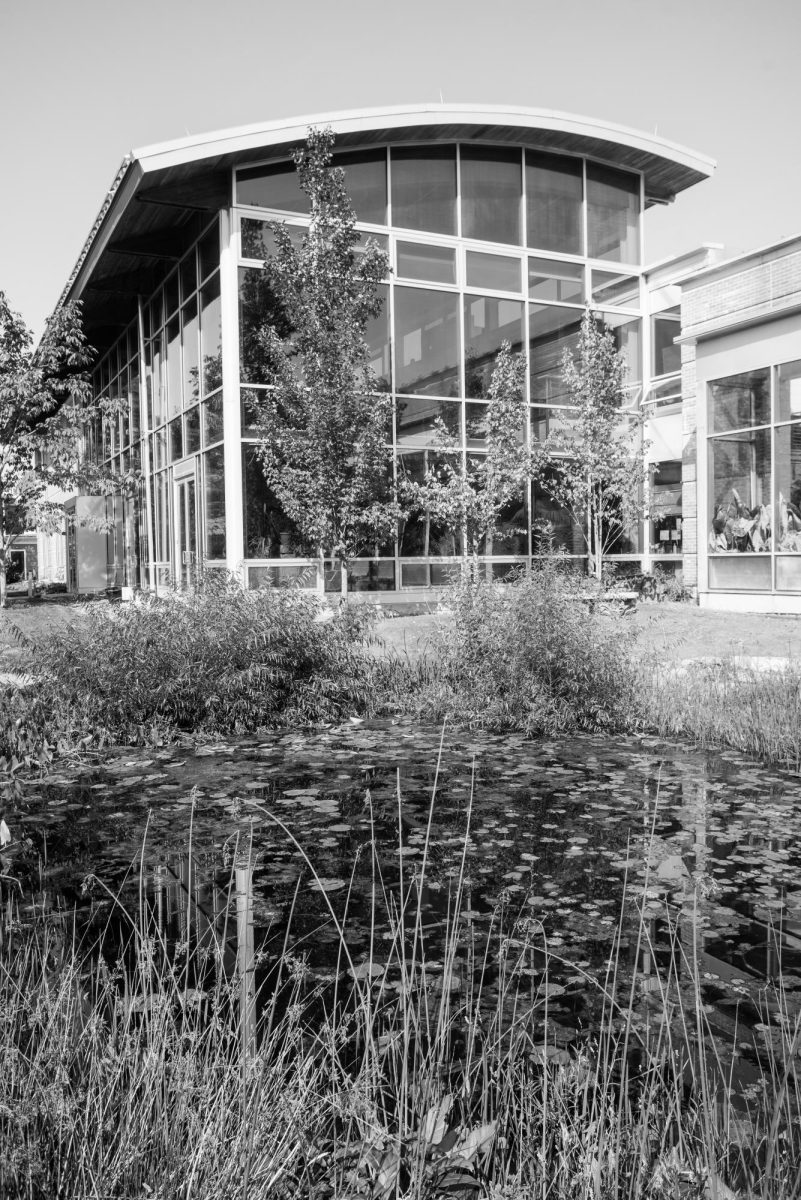Walter Moak is absolutely right in his line of thinking in his Letter to the Editor of last week (“Oberlin College Shouldn’t Encourage Car Culture,” The Oberlin Review, Sept. 22, 2023). We all know better than to keep paving paradise. So, we should communicate that officially and legally, by both methods Walter Moak points out: the College getting a variance, and the City changing its rule.
The College, which has left its top eco-accountability officer position unfilled for a long time definitively needs to stop promoting car culture. It also needs to start supporting its bike culture, stop promoting its garbage in-the-name-of-food culture, and start promoting the culture of sharing food, housing, and vehicle transportation with the town. Sell meal tickets, offer meal plans, and make a space where all overestimated, overproduced, or “leftover” pans of food go, so that the College’s own employees, outsourced employees, and town residents may pick up the food in a convenient, timely way.
Oberlin College has staff maintaining dozens of motorized vehicles, so it can afford to staff a bicycle and tricycle maintenance garage where, of course, students can learn bike maintenance, too. The College can provide covered bike parking. It can share its shuttle and golf-cart-esque transit not only with its students, but with its faculty and staff, so that faculty and staff cars do not crowd the middle of town. This means it can share this local transit with town residents, too. Parking and housing issues are not the problems but symptoms of not sharing the abundance of resources we actually have.
Do not forget that Oberlin College demolished — yes, paid your good money to demolish — houses on many streets as opposed to selling these houses to those who would invest in them. They had previously demolished many homes on Woodland and Union Streets. They took over the entire Firelands apartment building from the town in 2003. If the College rented rooms and apartments to non-students, as well as selling meal plans to anybody, then they would have a revenue stream that would take at least some of the pressure off of student families to pay so much for tuition, room, and board.
Such arrangements that share the Earth’s resources in small human communities will offer, in Moak’s words, “a better vision for the broader world.”



